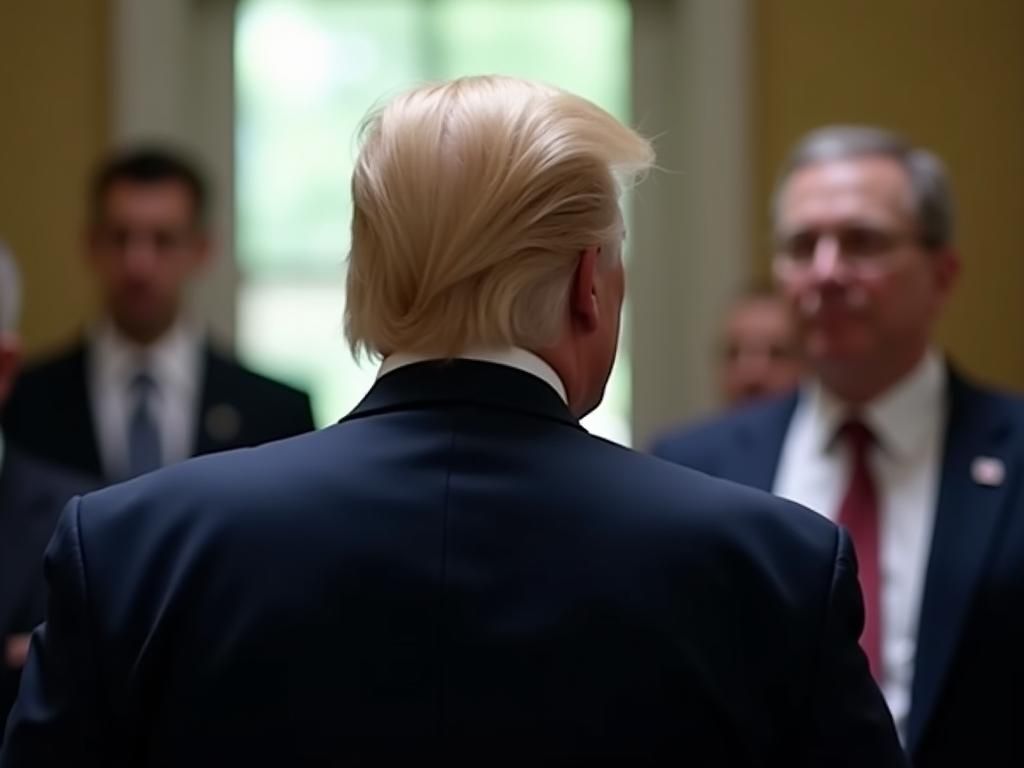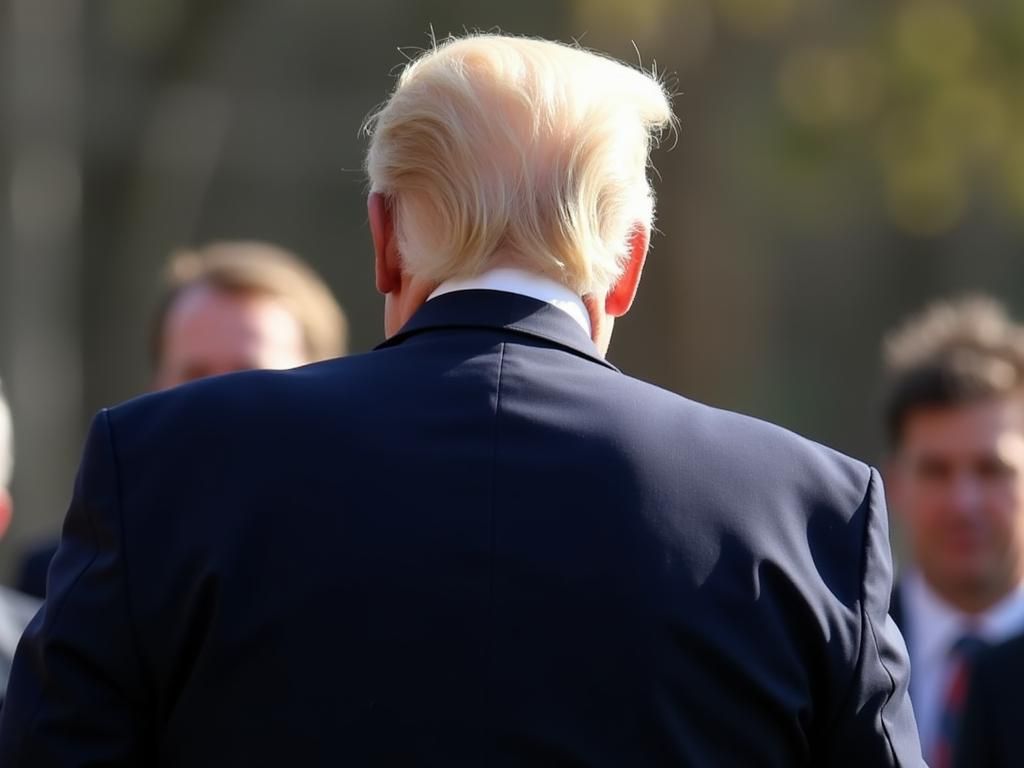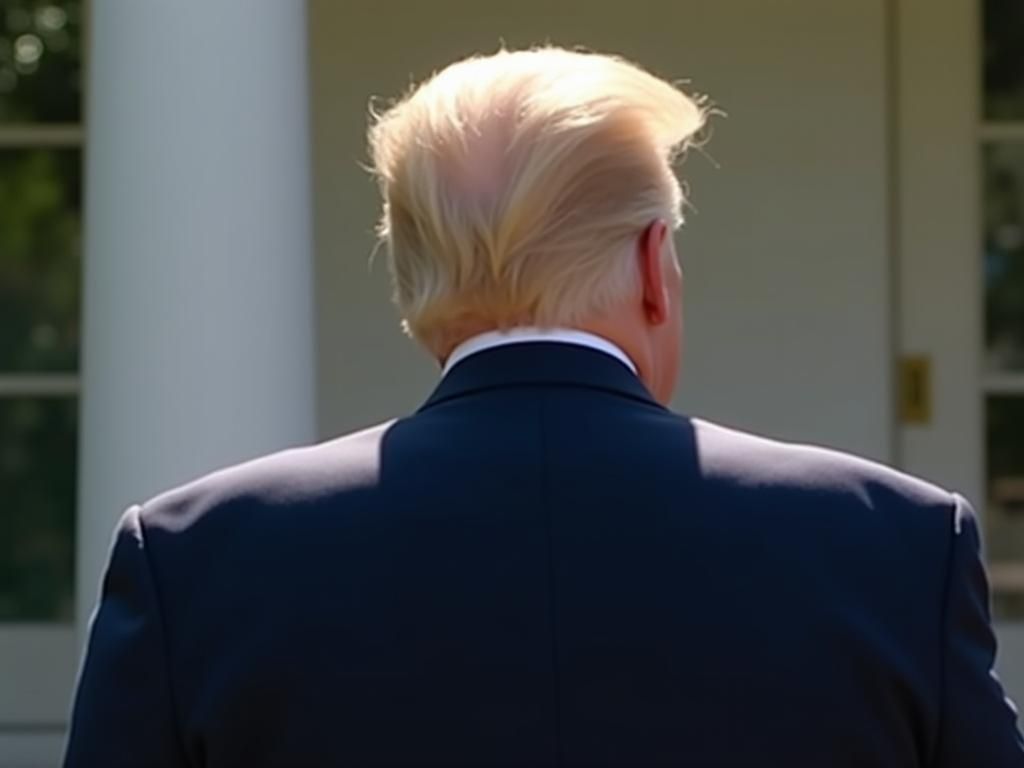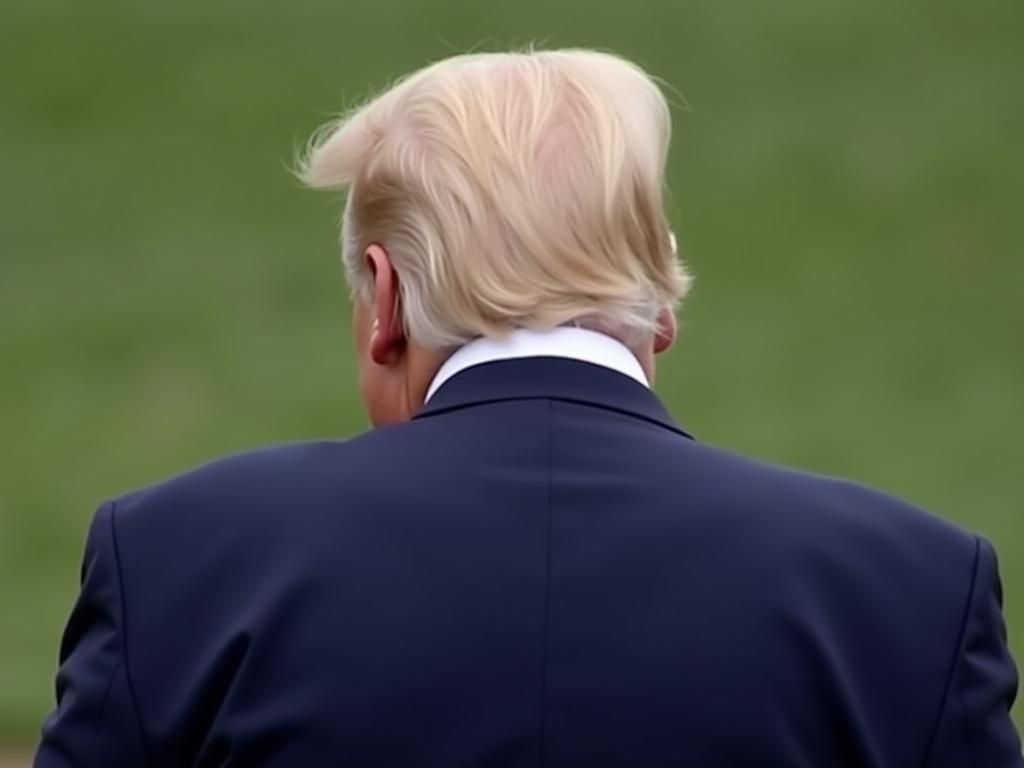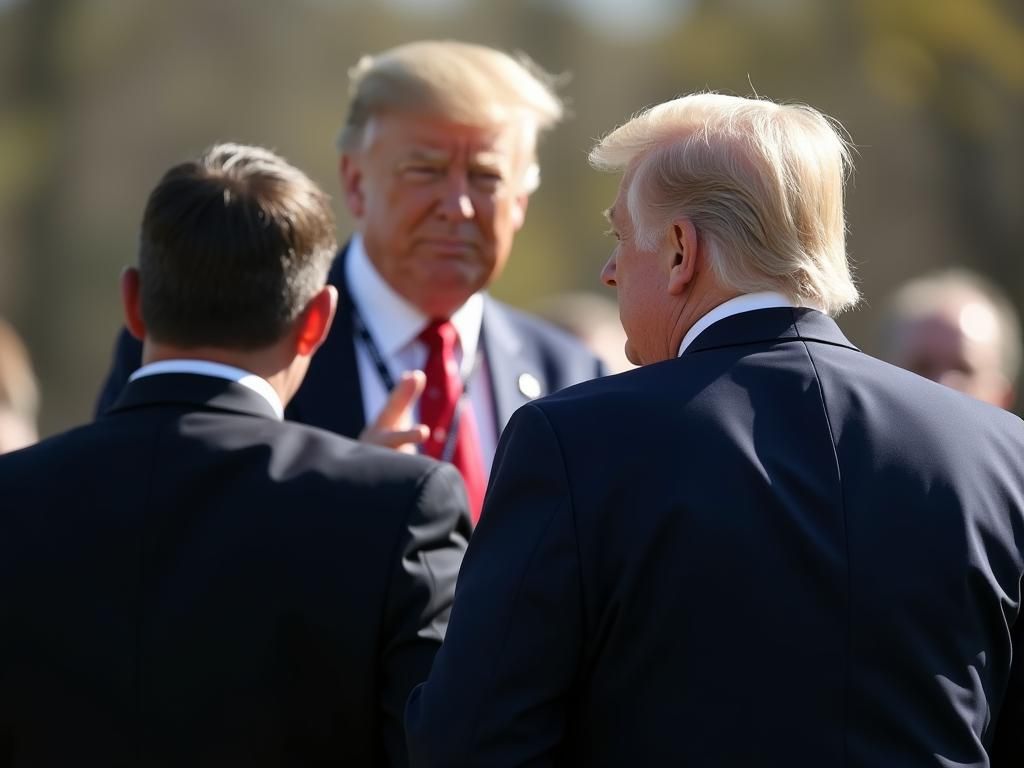Former President Donald Trump’s business interests, primarily his real estate holdings and associated ventures, have continued to generate significant revenue during and after his presidency.
Specific financial figures and detailed profit margins are often shielded from public disclosure due to the structure of his business empire and the lack of consistent transparency.
Trump’s businesses, including hotels, golf courses, and licensing deals, have been subject to ongoing scrutiny regarding potential conflicts of interest and the exploitation of the presidency for personal gain.
Despite the persistent concerns raised by ethics experts and some political opponents, the public outcry and sustained backlash seen during his presidency have notably diminished in the post-presidency period.
Some of Trump’s businesses have benefitted from events held at his properties or by attracting clientele that aligns with his political support, presenting opportunities for revenue generation.
Legal challenges and investigations into Trump’s business practices, including accusations of financial fraud and tax evasion, remain ongoing, adding another layer of complexity to the situation.
The lack of a detailed financial disclosure of his assets and profits makes it difficult for independent analysts to assess the full extent of the financial impact.
The muted response reflects a combination of factors, including changes in media coverage, diminished political urgency, and the continued support of a significant portion of the electorate.
Ethics experts express ongoing concerns about the potential influence of his business interests on political decisions, even after he is no longer in office.

